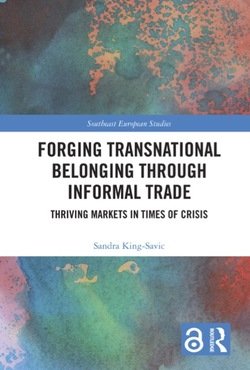By Yvon Dandurand and Jessica Jahn
Success in addressing transnational organized crime hinges on multilateral cooperation. However, existing cooperation regimes are ineffective at countering the rapid changes in the organized crime landscape and countries increasingly tend to turn to national solutions. The diminishing support for multilateral cooperation means the international criminal justice system has become disjointed, insufficient and reactive. This paper sets out five possible scenarios that could affect the future of international criminal justice cooperation, and raises thought-provoking questions about possible outcomes and impacts on transnational organized crime. To be useful as planning tools, any scenario or vision of the future must be connectable to decisions in the present, and therefore the scenarios described here are presented in the framework of current challenges. It is hoped that civil society organizations will take the lead in formulating a comprehensive international criminal justice cooperation strategy, built on what works. Such a strategy should also supplemented with new ideas to address shortcomings and to facilitate effective reforms of the multilateral institutions needed to implement such a strategy.
Geneva: Global Initiative Against Transnational Organized Crime, 2021. 18p.



